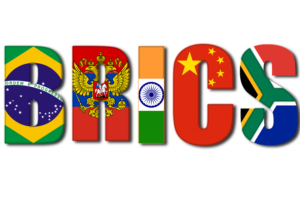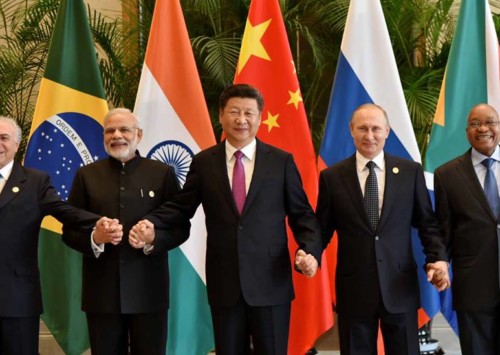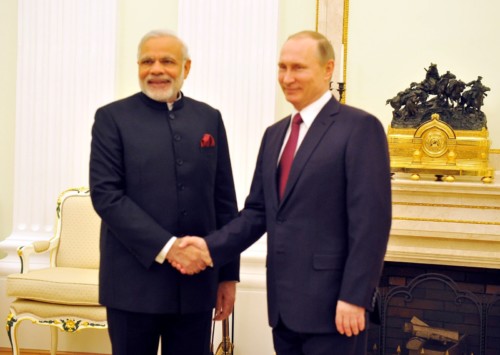Civil society meets before BRICS 2016 in India

BRICS represents five major emerging national economies- Brazil, Russia, India, China and South Africa.
With the BRICS Summit commencing in Goa, India, civil society members from the BRICS countries engaged in discussions over the perceived shortcomings and failures of institutionalised spaces in dealing with global challenges.
The Peoples Forum, held on October 13-14 was a people’s initiative held to look into the policies of the BRICS governments and their institutions to present the voices from struggles and movements across the BRICS countries and promote people to people contact, a form of interaction which still remains unexplored between the civil societies of the countries. With participation from progressive trade unions, social movements, academia and civil societies from various BRICS countries, the forum took a critical look at the reported inclination of BRICS governments to neo-liberalism and corporate globalisation.
“It is necessary to look at development from the lens of the people of these countries who have faced the brunt of development propagated by the superpowers which, for instance, marginalised their agricultural and industrial sector to bolster the multinational companies-led agricultural and industrial sector,” said Albertina Almeida, a prominent lawyer and human rights activist from Goa.
Speakers at the event highlighted the need for BRICS to stay true to the purpose the block had been created for – challenging the dominant world order to realise a more equitable and just system so that economic and ecological crises can be adequately dealt with.BRICS has failed to challenge the hegemony of the imperialist states. Private corporations are increasingly taking control of democratic institutions and overriding people’s participation in crucial decision-making processes,” said Medha Patkar, the noted Indian activist who spoke at the opening plenary of the forum. Critical of the changing nature of BRICS, she added, “The question of gender equality and justice is not a priority for BRICS anymore. It is fast turning into an institution that serves the interests of the elites in developing countries.”
BRICS governments questioned
Medha claimed, “India, despite being the largest democracy in the world, is also a sight where the poorest and the most marginalized people are continuing their struggle for social justice, dignity and identity. People have been kept outside of the decisions that are taken on their behalf for their development.”
Among the other activists and people’s leaders present, Maria Luisa Belo from Brazil, representing a feminist movement suggested that democracies across the world were under threat. Referring to recent turn of events in Brazil where Dilma Rousseff was impeached from her chair as the President of the country earlier this year, she said, “There is an overturn of democracy and the coup was orchestrated by the country’s elites and imperialists, with the new government already taking anti-people measures.”
Dorothy Guerreroin said,”An urban-rural divide exists in China, and the Chinese authorities curtail migration from the rural to urban, while doing little to improve the countryside.” She added, “People’s resources are increasingly coming under the corporations, which had led to massive protests by people in the countryside, mostly led by the peasants but this news rarely makes it to the global media.”
Call for cooperation
Social movement leaders and organisations from the BRICS region addressed this gathering of over five hundred people from at least 10 countries around the world. Academician and workers’ leader, Trevor Ngwane from South Africa, outlined the unequal nature of the South African society, seeking African unity and raising doubts on the country’s ability to represent the entire African continent.
Most speakers at the event stressed on the need to build solidarity across the BRICS countries to bring forth a critical voice to the status quo. Maria called upon the world’s institutions, including BRICS, to aim for a people’s agendas to successfully fight against patriarchy and poverty, through alliance-building of social movements across these countries. Medha added, “Even with BRICS governments co-opting the language of the civil society and social movements during summits like these, they end up as just words and are never implemented once the summit is over,” stressing on the need for continued follow up and initiatives to sustain the relationship between the people of BRICS nations.











